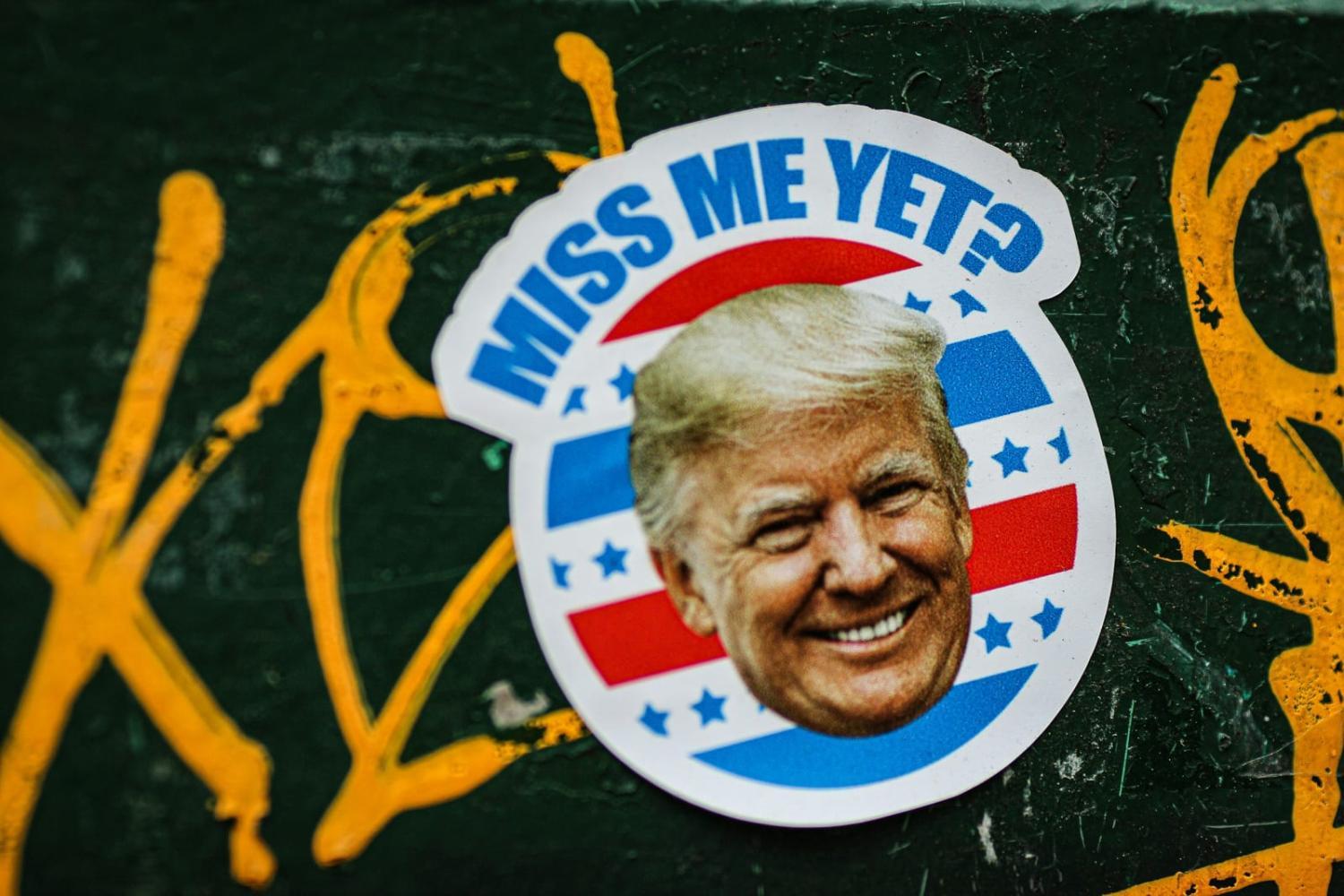The late Allan Gyngell was right to characterise a “fear of abandonment” as a trait evident throughout the history of Australian foreign policy. Our fragile national ego has been on display again this week with three different examples.
- Donald Trump called Kevin Rudd schoolyard names, sparking a great fuss at home about what this could mean for relations with the United States.
- This was the same America that Australia’s Trade Minister had earlier mused might just not be the country’s closest ally historically-speaking, prompting overwrought concerns the government was downgrading the alliance.
- Meanwhile, China’s foreign minister poked a sore spot after setting up a meeting with Paul Keating, described by Beijing as a “voice of reason” in debates about dealing with China.
Where is Australia’s self-confidence?
Never mind that Trump in the same interview with Brexiteer-turned-commentator Nigel Farage also speculated about deporting Prince Harry, had a crack at Meghan Markle, and defended the photo-doctoring by the Princess of Wales. If Americans return Trump to the Oval Office, it says far more about their collective judgement than our own.
In fretting about rankings, surely we don’t want to be as mawkish as Canada, constantly worried about being left out of the gang, like the time George W. Bush dared to call Mexico the oldest friend of the United States.
And don’t forget that the free and at times tetchy debates in Australia about China reflect the tapestry of a democracy, where the pull of different perspectives tests the strength of policy, even as Beijing tries to pick at the threads.
Of course, there are exceptions. Commentators including Peter Hartcher rightly point out that Trump has a habit of later embracing those that he abuses. Greg Sheridan said “we shouldn’t give in to Donald Trump’s bullying”, advice that is echoed by former prime minister Malcolm Turnbull, who was famously on the end of the “worst phone call by far” when Trump was in the White House. James Curran recognised a media beat up, while Emma Shortis doubted Trump really knew who Rudd was.
Still, the Australian instinct is often to blame ourselves. As Gyngell observed when cataloguing his history of Australia in the world, “it is important to remember that foreign policy is domestic politics too”. Sure enough, the opposition sought to turn Trump’s comments on the government, asking in parliament if Prime Minister Albanese will be reassessing Rudd’s position. The government, in turn, trawled through transcripts, pointing out supportive comments previously made by Opposition leader Peter Dutton about Rudd in the job. All very unenlightening.
The much harder question lies in assessing Australia’s interests. The relationship with the United States is Australia’s most challenging. More so than ties with China, which only wants Australia’s subservience. With America, Australia must carefully decide those moments where Washington’s wants differ from the outcome we prefer, or the cost we are willing to bear, be it over Taiwan, climate policy, diplomacy in the Pacific, or in balancing relations with other nations.
On Rudd, there was a debate to be had about whether he was right for the job. Trump is not the first to call Rudd “nasty”, just as Rudd’s character assessments of Trump are widely shared. But Rudd is in the position now, so let’s leave the final word to one of his predecessors as Australia’s ambassador in Washington, Kim Beazley.
It was 2014, and Bob Carr had just published his Diary of a Foreign Minister, in which he quotes a private email from Beazley to Carr making pointed criticism of then US Secretary of State John Kerry.
A reporter at the time, I messaged Beazley to ask if Carr had sought his permission to include the message. Beazley wrote back:
“When you are an ambassador, you don’t enter debate, you just roll with the punches.”

